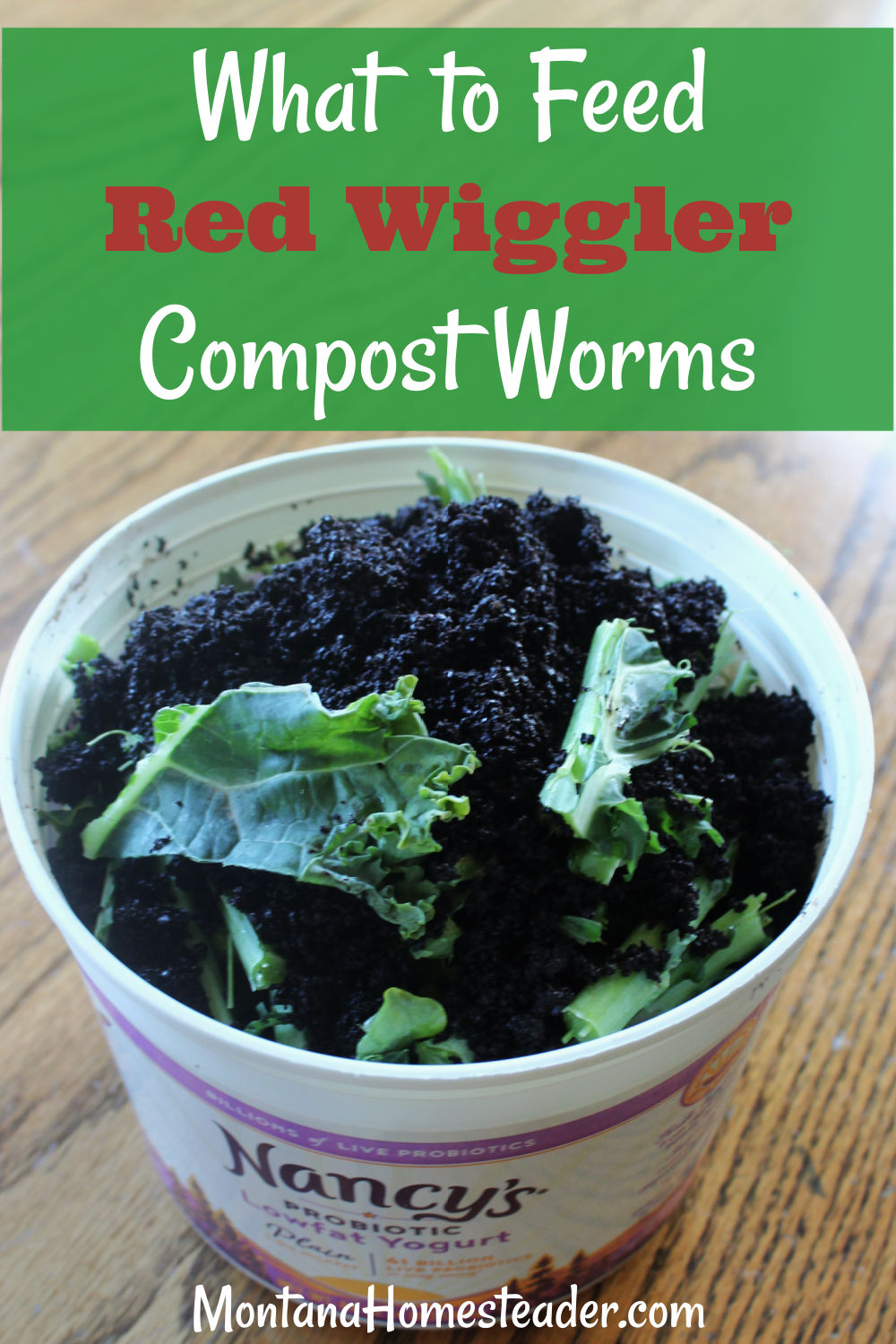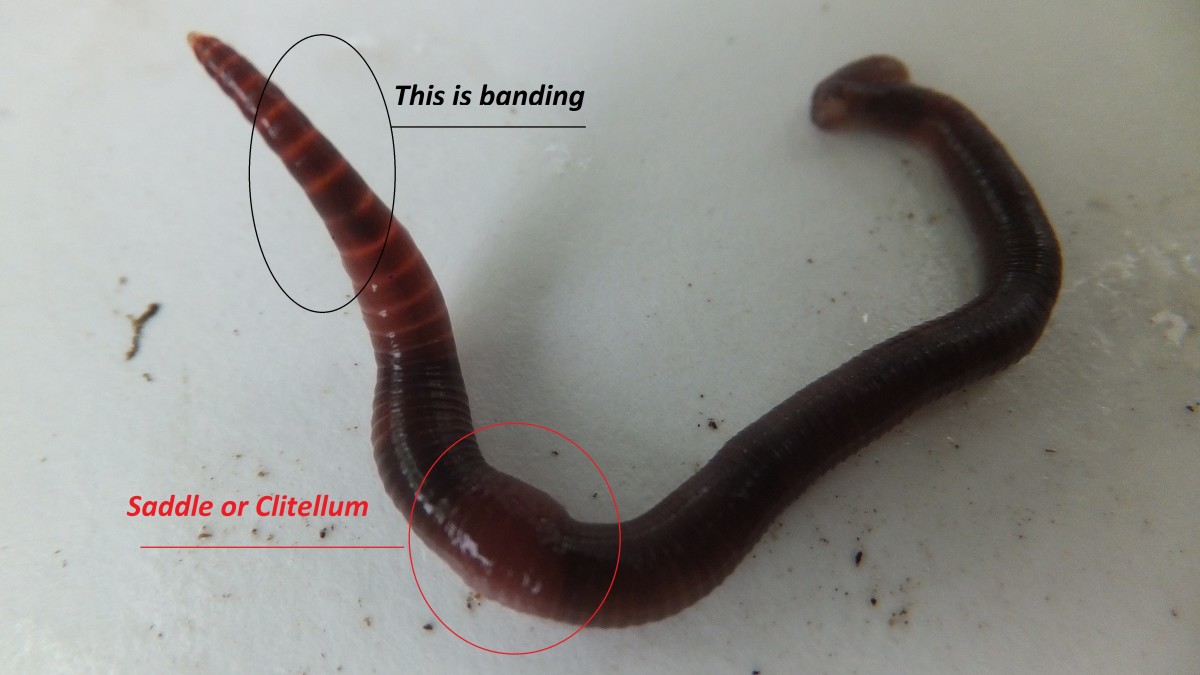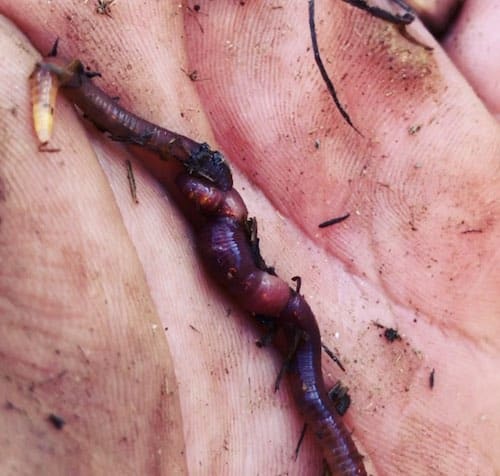Red Wiggler Worms Demystified: Unlocking the Tricks of Vermiculture for Greener Living and Nutrient-Rich Soil
In the realm of lasting methods for enhancing dirt high quality and promoting eco-conscious living, red wiggler worms play a pivotal yet often overlooked function. These simple creatures have the exceptional ability to change organic waste into nutrient-rich castings that act as a powerful natural plant food. By delving right into the world of vermiculture, one can discover a variety of benefits that expand far past standard composting methods. Recognizing the complexities of taking care of these worms, maximizing their atmosphere, and using their castings can lead to a greener way of life and healthier dirt for plants to thrive.
The Function of Red Wiggler Worms
Red Wiggler worms play an essential function in composting systems by successfully damaging down organic issue right into nutrient-rich castings. These starved eaters eat a variety of organic materials, such as cooking area scraps, yard waste, and paper products. As they feed, the worms' digestion processes break down the natural issue right into a fine, dark, and nutrient-dense product understood as worm spreadings or vermicompost.
The spreadings generated by Red Wiggler worms are highly useful for dirt health and plant growth. They are rich in necessary nutrients like potassium, phosphorus, and nitrogen, which are vital for supporting healthy and balanced plant advancement. Furthermore, worm spreadings consist of valuable germs and enzymes that aid improve soil structure, increase water retention, and enhance nutrient uptake by plants.
Benefits of Vermicomposting

Additionally, vermicompost, the nutrient-rich final result of vermicomposting, works as a superb organic plant food and dirt conditioner. It improves dirt structure, improves dirt aeration, and raises soil dampness retention. These residential properties contribute to much healthier plants with stronger origin systems and better resistance to bugs and diseases. Vermicompost likewise improves the soil with crucial nutrients like nitrogen, potassium, and phosphorus, advertising plant development and overall dirt fertility.
Additionally, vermicomposting supports sustainable horticulture techniques by offering a natural and chemical-free choice to artificial plant foods. Red Wiggler Worms. This environmentally pleasant method not only enriches the soil but also assists lower dependence on harmful chemicals, promoting a greener and more sustainable means of horticulture
Establishing a Worm Container
When developing a worm container for vermicomposting, correct setup is critical to ensure the success of the composting process. The initial step in setting up a worm bin is choosing an ideal container. This can be a plastic container or wood box that gives adequate room for the worms to walk around and has appropriate drain holes to stop waterlogging. Next, a bedding material such as shredded newspaper, cardboard, or coconut coir should be contributed to the container. This bed linen offers a comfortable atmosphere for the worms and assists preserve moisture degrees.
After including the bed linen, present the red wiggler worms to the bin. The worms should then be given with food scraps such as fruit and vegetable peels, coffee premises, and eggshells.
Regularly keep an eye on the moisture degrees and temperature level in the worm bin to sites make certain ideal problems for the worms. With proper arrangement and maintenance, the worm bin will properly convert natural waste into nutrient-rich garden compost for your plants and yard.
Harvesting Worm Spreadings
To successfully accumulate nutrient-rich worm castings from your vermicomposting system, a systematic harvesting technique is necessary. When it comes time to gather the worm spreadings, there are a couple of crucial steps to follow to make sure a successful process.

Troubleshooting Common Issues
Identifying and resolving typical difficulties that may company website occur during the vermicomposting process is essential for maintaining a effective and healthy and balanced worm bin. One common concern that vermicomposters experience is overfeeding. Adding excess food scraps can result in a buildup of dampness and level of acidity in the worm bin, possibly hurting the worms. To avoid this, feed the worms in moderation, ensuring that the food scraps are adequately damaged down prior to adding a lot more. One more issue is undesirable odors emanating from the worm container. Foul smells indicate anaerobic conditions, generally triggered by overwatering or poor ventilation. To remedy this, readjust the moisture degrees by including dry bed linens products like shredded newspaper or cardboard and rise aeration by transforming the bedding frequently.
Furthermore, if the worm population is declining or the worms show up unhealthy, it might be as a result of ecological stressors such as severe temperature levels or pH levels. Monitoring these elements and making essential adjustments is vital for the health of the worms. By troubleshooting these typical concerns promptly, vermicomposters can guarantee a effective and smooth vermicomposting procedure while maintaining a flourishing worm populace.

Final Thought
In final thought, red wiggler worms play a vital function in vermiculture by breaking down natural issue right into nutrient-rich soil. Setting up a worm container is crucial for effective vermiculture, and gathering worm castings offers important compost for horticulture.
As they feed, the worms' digestion processes damage down the organic issue right into a fine, dark, and nutrient-dense product understood as worm castings or vermicompost.
The spreadings produced by Red Wiggler worms are very valuable for soil find out here health and plant development. Adding excess food scraps can lead to a build-up of wetness and level of acidity in the worm bin, possibly hurting the worms.Furthermore, if the worm populace is declining or the worms show up harmful, it might be due to ecological stressors such as severe temperatures or pH degrees. Setting up a worm container is important for effective vermiculture, and harvesting worm spreadings provides important garden compost for gardening.